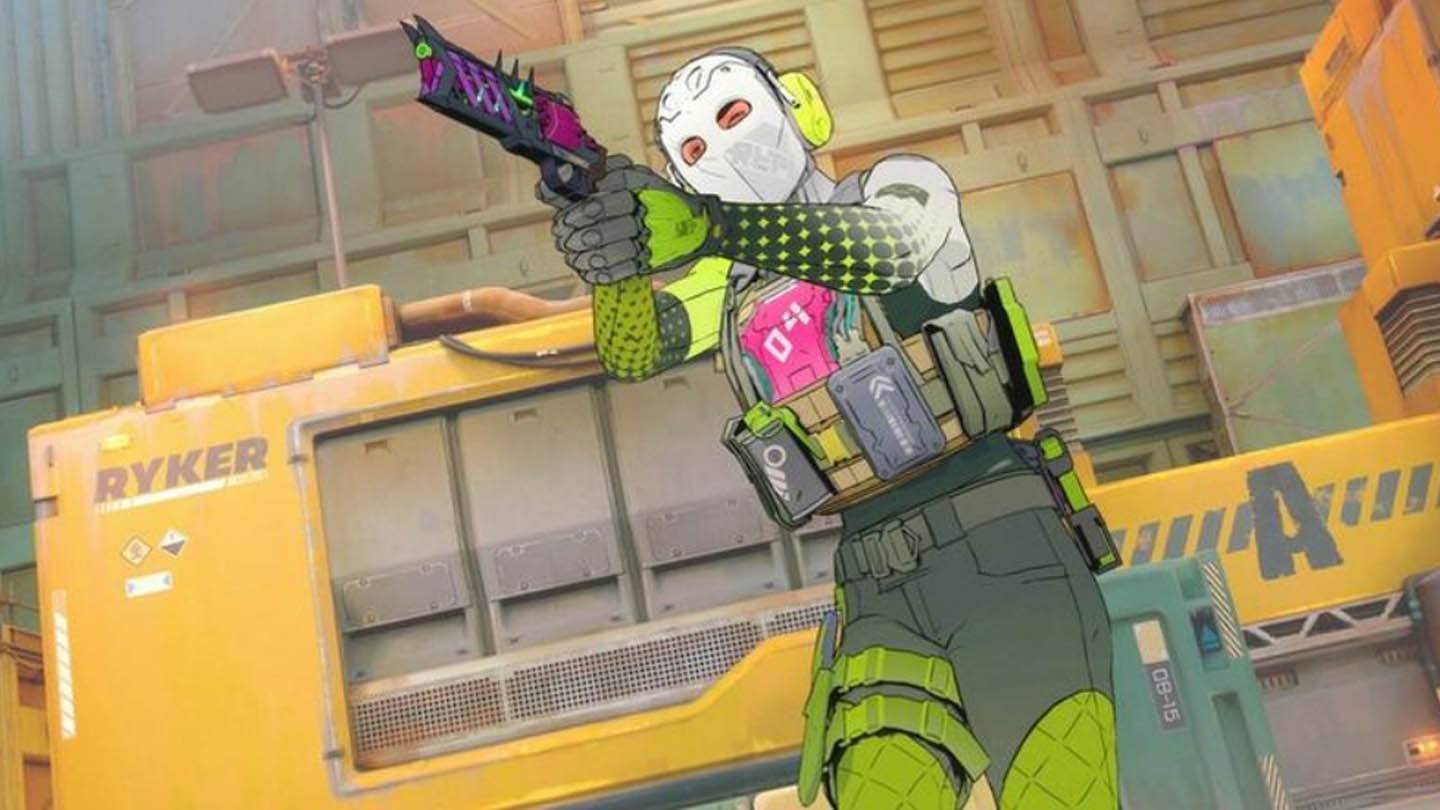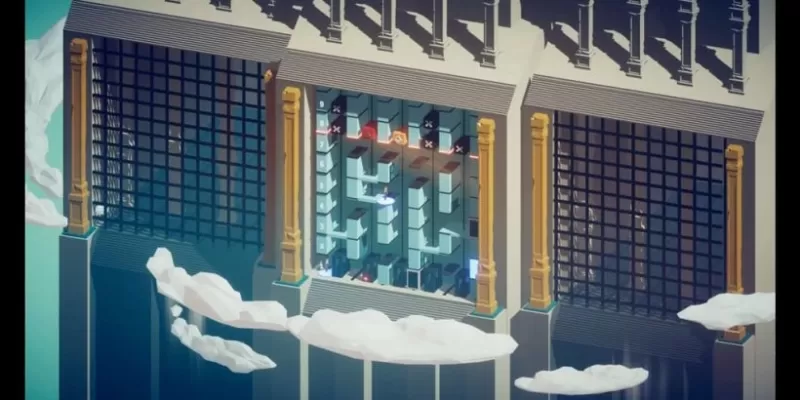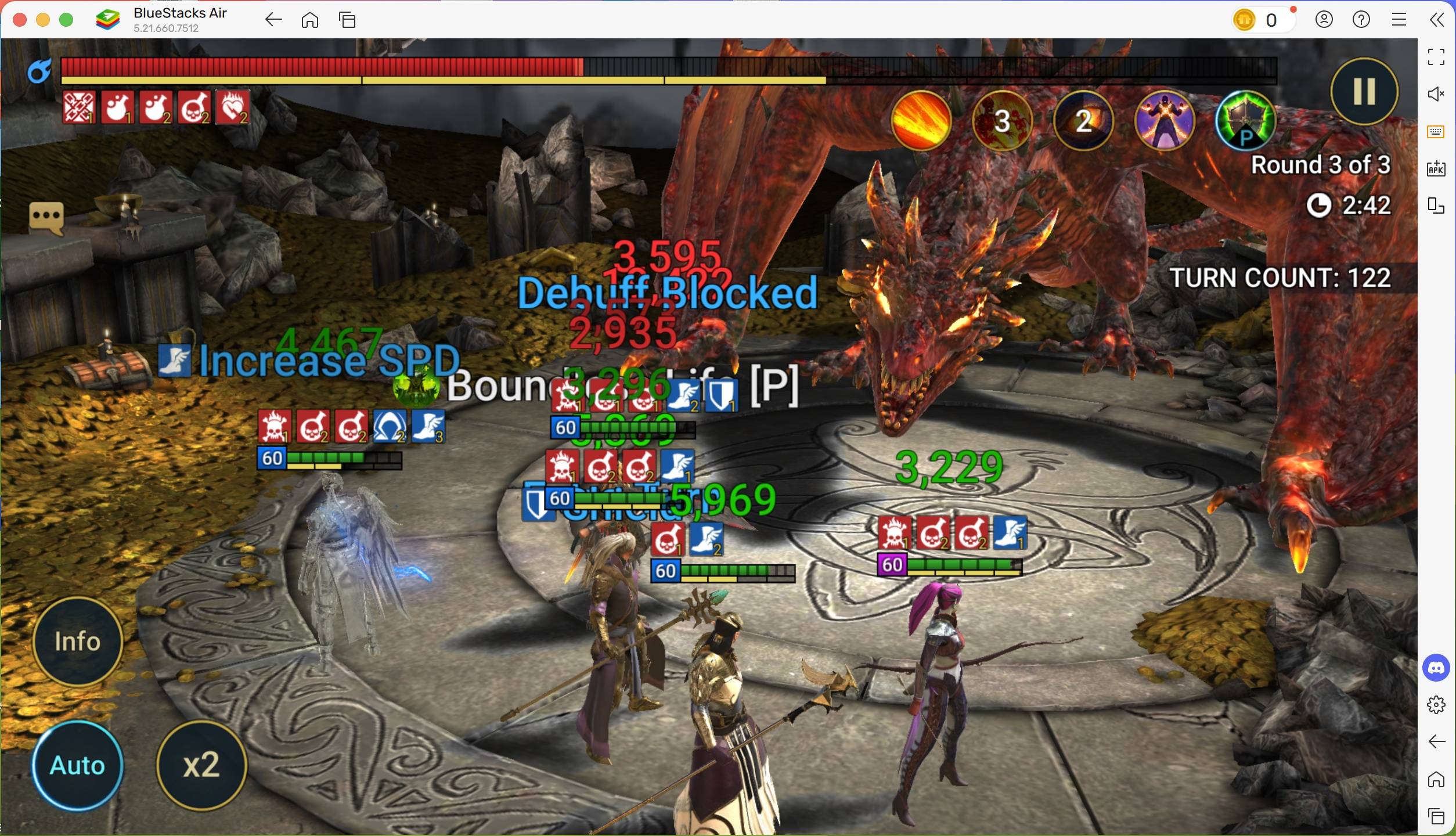by Penelope Apr 07,2025

Yasuhiro Anpo, the director behind the acclaimed remakes of Resident Evil 2 and Resident Evil 4, shared insights into the decision-making process that led to the revival of the 1998 classic. Anpo noted, "We realized: people really want this to happen." This realization prompted producer Hirabayashi to decisively state, "Alright, we'll do it," setting the stage for the project.
Initially, the team at Capcom contemplated beginning with Resident Evil 4. However, after thorough discussions, they recognized that RE4 was already highly acclaimed and nearly perfect in its original form. The risk of altering such a beloved game was significant, leading the team to pivot towards the older Resident Evil 2, which they felt required a more substantial update. To ensure they met fan expectations, the developers also delved into fan projects, gaining valuable insights into what the community desired from a modernized version.
Despite Capcom's internal deliberations, the fanbase had its own reservations. Even after the successful releases of the Resident Evil 2 and Resident Evil 3 remakes, and the subsequent announcement of the Resident Evil 4 remake, some fans argued that RE4, unlike its predecessors, did not require as much of an overhaul. The original Resident Evil 2 and 3, released in the 1990s for the PlayStation, featured elements like fixed camera angles and cumbersome controls that were clearly outdated. In contrast, Resident Evil 4, released in 2005, had already revolutionized the survival horror genre, making it a challenging candidate for a remake.
Despite these concerns, the Resident Evil 4 remake successfully captured the essence of the original while enhancing gameplay and narrative elements. The commercial triumph and overwhelmingly positive reviews validated Capcom's approach, demonstrating that even a game considered nearly flawless could be respectfully reimagined with a fresh, creative perspective.
How to Feed Villagers in Necesse
Bitlife: How to Complete the Renaissance Challenge
Bahiti Hero Guide: Mastering the Epic Marksman in Whiteout Survival
Best Bullseye Decks in Marvel Snap
One of the most famous CoD players thinks the series is in the worst state now
How to Complete Canker in Kingdom Come Deliverance 2
Infinity Nikki: How to win at Marble King
How to Start Cars Without Keys in Project Zomboid

Shroud's Spectre Divide: Console Release Announced
Apr 08,2025

New Price Drop: Save $50 on Used Like-New PlayStation Portal at Amazon
Apr 08,2025

"Incredible and Ambitious": Ex-Consultant on Canceled Wonder Woman Game
Apr 08,2025

"Explore Liz's Journey in Hidden Ruins: Valley of the Architects Now on iOS"
Apr 08,2025

Begin RAID: Shadow Legends on Mac with BlueStacks Air
Apr 08,2025